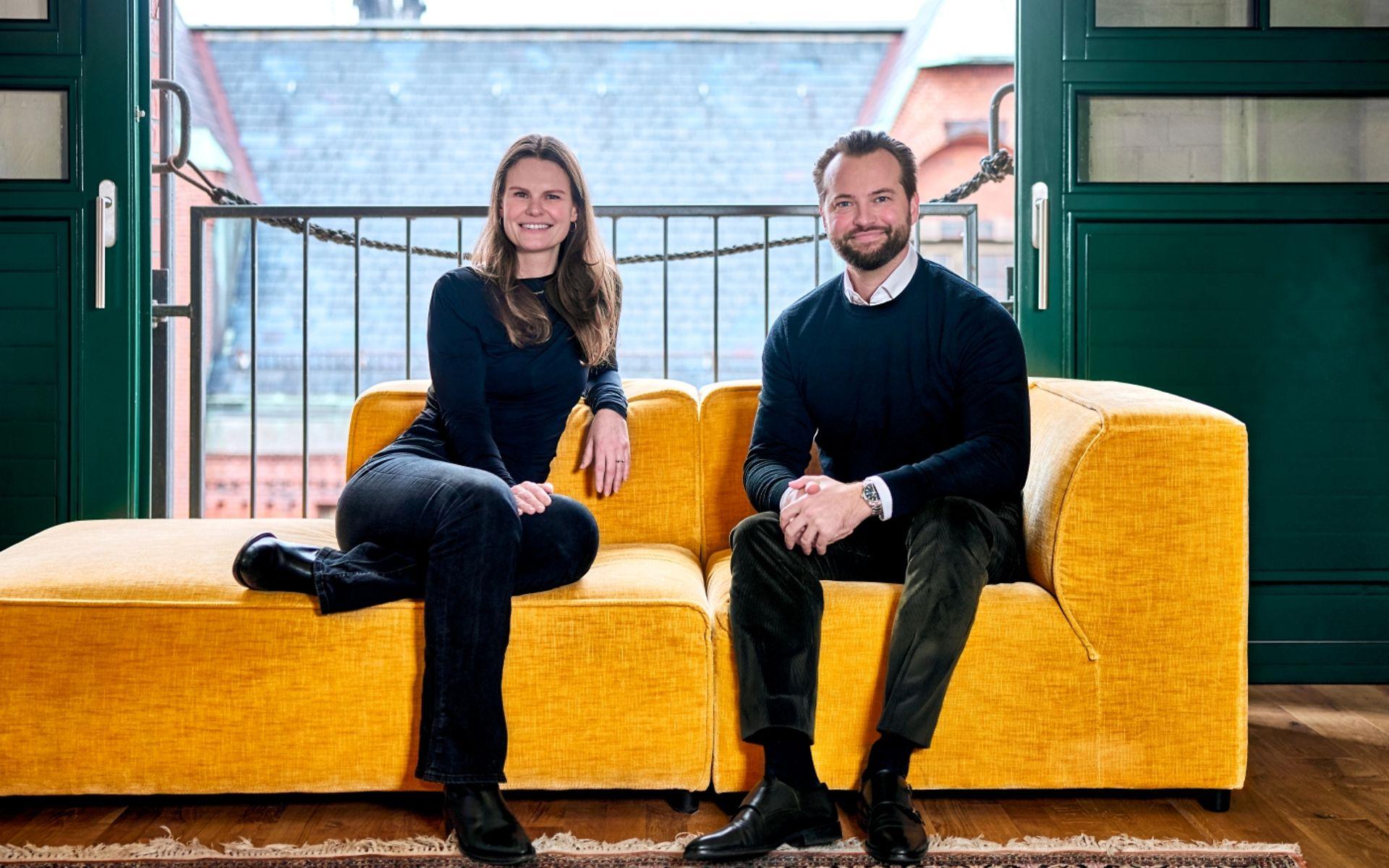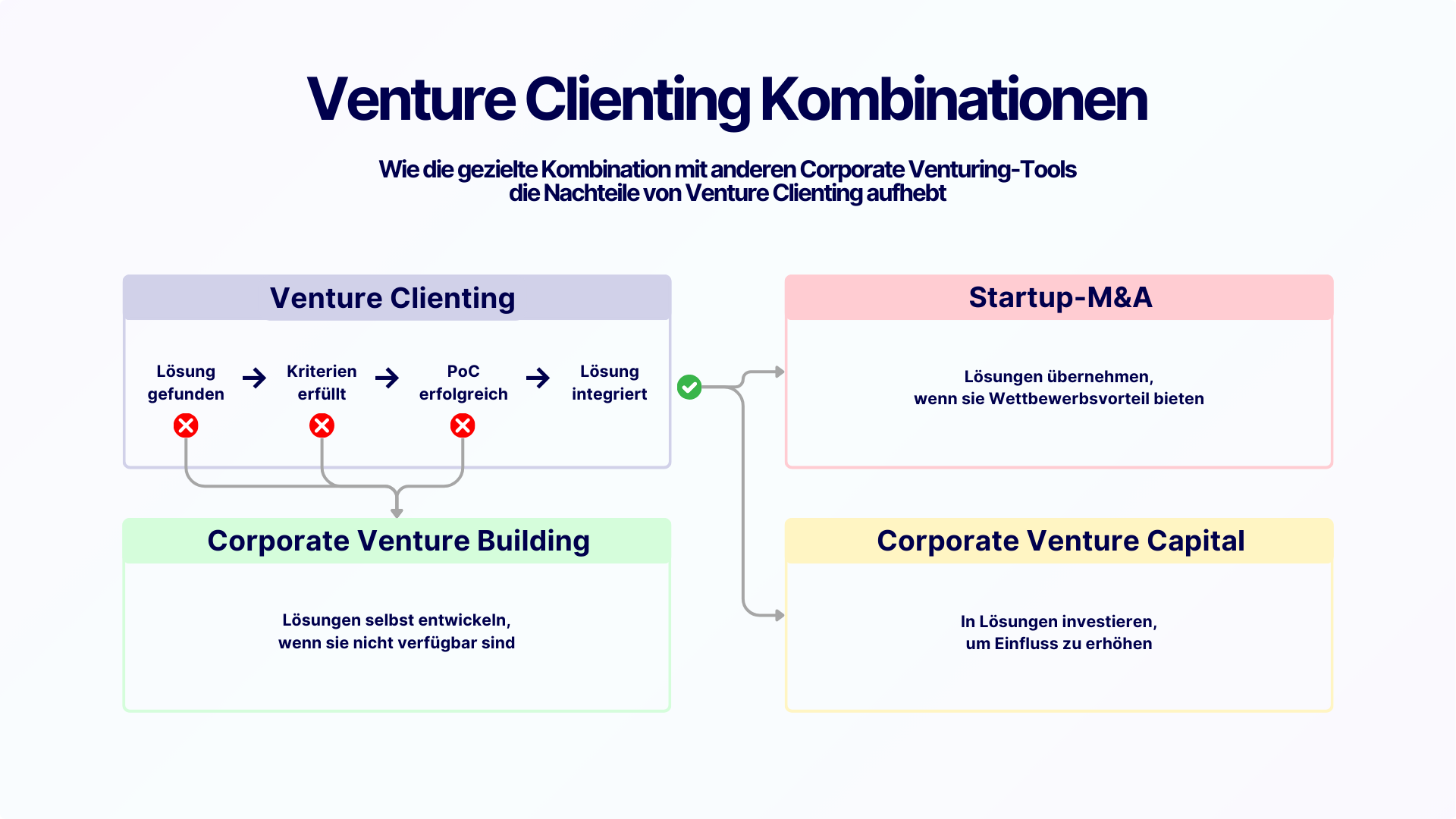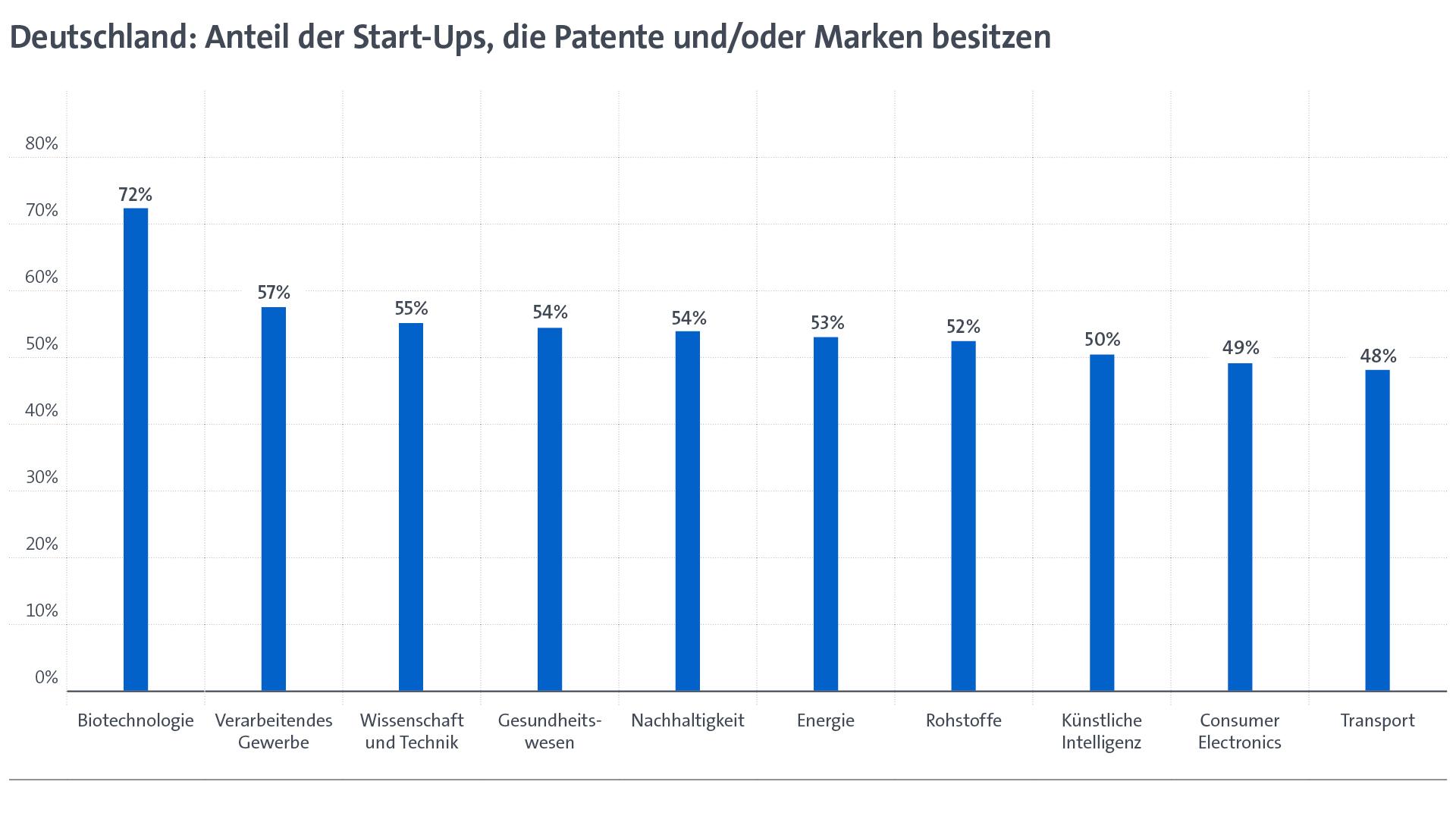What a business angel must bring to the table

Start-ups can benefit greatly from investors - but there are a few factors they need to pay attention to.
The right business angel can be a major success factor for a start-up. A business angel's capital is not primarily their money, but rather the knowledge, skills and experience that they share with the founders. It is important for a start-up to quickly find the right product, network with the right stakeholders and then acquire sufficient resources to grow. Founding teams rarely manage all of this on their own. Above all, a business angel should bring along what the team still lacks in order to develop an idea into a successful growth company.
A business angel can therefore support founders particularly in areas where the team lacks specialist knowledge, skills or experience.
Dr. Julius Tennert
What are typical roles of business angels?
The most common role of a business angel is that of an advisor. The business angel supports the founding team with their extensive industry or specialist knowledge and helps the team to formulate the corporate strategy and advises on how to proceed. In this way, founders can benefit from the business angel's knowledge in critical management areas such as sales, finance or marketing. A business angel as an advisor is particularly valuable for founders if the team lacks certain industry or specialist knowledge or if the team is still inexperienced.
The business angel as a supervisory or advisory board member, on the other hand, is more of an external stakeholder. In this function, the business angel receives clearly defined information and co-determination rights, which ensure that decisions made by the founding team are transparent and controllable for outsiders. Such a "separation of powers" is an important risk management instrument for many venture capital investors and is therefore often a prerequisite for an investment. A business angel as a supervisory or advisory board member is important if founders are planning to take other investors on board in the future.
As a multiplier, the business angel mainly supports the founding team in obtaining important resources from their personal network. These can be, for example, business contacts to potential customers, suppliers and investors. With the help of the business angel, it can be possible to establish important relationships with external stakeholders more quickly and thus gain better access to their resources. A business angel as a multiplier increases a start-up's chances of success, especially if the founding team wants to become active with its idea in a new sector or a new region in which the team itself is not yet networked.
The business angel as mentor supports founders in their personal development as entrepreneurs. In this role, the business angel is above all a person of trust who provides moral support to the team or individual team members in important decisions, encourages them in difficult times and is a point of contact for sensitive personal issues. In this way, the business angel relieves the founders of some of the burden they have to carry as entrepreneurs. Founders benefit from a business angel as a mentor in particular if they have little management experience and need to find their feet in their new role as the person in charge of a start-up.
What qualifications does a business angel need?
In order to know what qualifications a business angel should have, founders must first and foremost be honest with themselves and know exactly what their requirements and goals are. The next step is to determine which of the above-mentioned roles the founding team expects from the business angel. These expectations should already be clearly formulated in the initial discussions. A relationship with a business angel is always a reciprocal relationship, so founders should not be shy and should also ask potential business angels what skills and experience they bring to the table to meet their own expectations.
A relationship with a business angel is always a reciprocal relationship, so founders should not be shy.
Dr. Julius Tennert
If a business angel is to act as an advisor, they should above all bring specific specialist knowledge that the founding team lacks. The team must be able to fully rely on the business angel's expertise and the business angel must be an expert in his or her field. A good indicator is, for example, if the business angel's professional career is primarily characterized by these specialist topics.
If a business angel is to act more as a supervisory or advisory board member, their industry or specialist knowledge is less important than their general management experience. The business angel should have experience in dealing with conflicting objectives and in stakeholder management. A good indicator of these skills is, for example, many years of experience at C-level.
If a business angel is sought as a multiplier, the business angel's network is crucial. In order to be able to evaluate the business angel's network, founders should already have a very concrete idea of which contacts the business angel should establish for the team. In order to gain an insight into his or her network, founders should always ask a business angel to name specific people to whom he or she can establish contact when getting to know him or her.
The most difficult thing is certainly to find a business angel as a mentor. In this case, the personal compatibility between the founders and the business angel must be the highest. Everyone involved must be able to communicate openly with each other and weaknesses in particular must not be a taboo subject. Founders should therefore first build up a relationship of trust with a business angel as a person before embarking on a joint path at a professional level. Discussions with people close to the business angel can also help to get to know him or her better. These could be other founders, employees or former companions of the business angel, for example.

Newsletter
Startups, stories and stats from the German startup ecosystem straight to your inbox. Subscribe with 2 clicks. Noice.
LinkedIn ConnectFYI: English edition available
Hello my friend, have you been stranded on the German edition of Startbase? At least your browser tells us, that you do not speak German - so maybe you would like to switch to the English edition instead?
FYI: Deutsche Edition verfügbar
Hallo mein Freund, du befindest dich auf der Englischen Edition der Startbase und laut deinem Browser sprichst du eigentlich auch Deutsch. Magst du die Sprache wechseln?



















